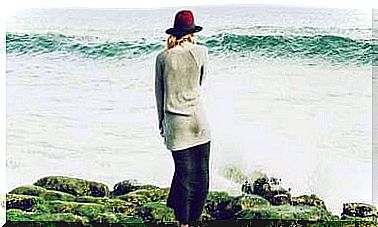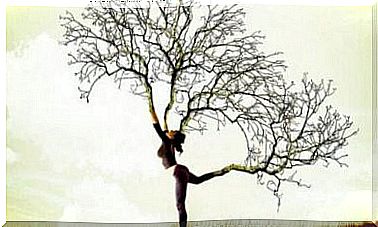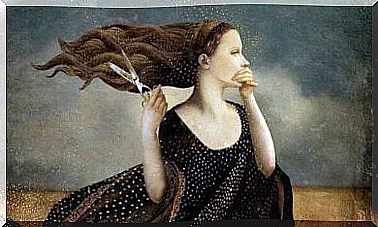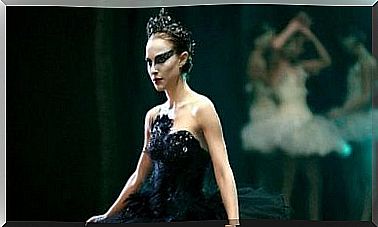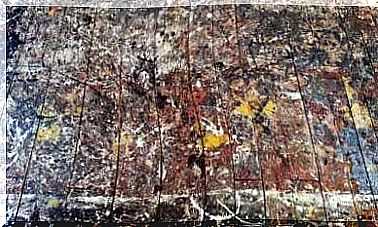Ignacio Martín-Baró And The Psychology Of Liberation
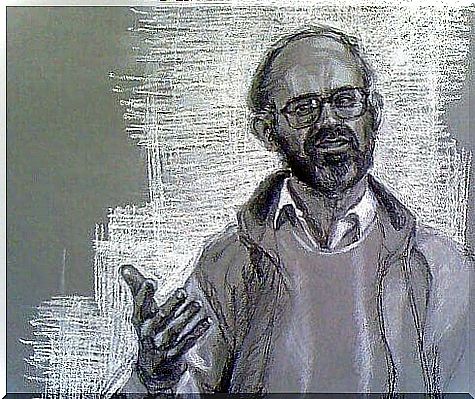
Ignacio Martín-Baró is the father of liberation psychology. This Jesuit founded a new movement which changed the way of understanding social psychology. Taking other liberation movements as a starting point, Martín-Baró centered social psychology on the study of the contexts and problems of the people he studied.
It may not be very well known outside America, but it is a central reference in the countries of this zone. Schools like community psychology derive from his ideas. This consists of strengthening communities in the fight against poverty, in the defense of democracy and in mental health.
The life of Martín-Baró
Ignacio Martín-Baró was born in Spain, in Valladolid, and joined the Society of Jesus. He went to Central America as a Jesuit. He studied philosophy, theology and psychology then eventually settled in San Salvador, El Salvador. His doctoral thesis dealt with social attitudes and conflicts in El Salvador. Ignacio Martín-Baró has more concretely studied the population density of the poor social classes in this area.
Ignacio has been a professor at different universities in various countries. For example, he spent a lot of time at the Central American University José Simeón Cañas in San Salvador. He finally died assassinated by a platoon of the Atlacatl battalion of the Armed Forces of El Salvador, under the orders of Colonel René Emilio Ponce, on November 16, 1989, along with other priests. This crime is known as that of the martyrs of the UCA, the Central American University José Simeón Cañas de San Salvador.
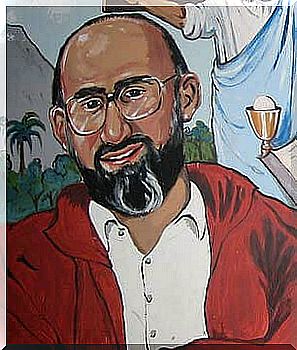
The theology and philosophy of liberation
The psychology of liberation starts from three movements that already existed. These are liberation theology, liberation philosophy and liberation pedagogy. Liberation theology proposes to focus on those who need it most, that is, the poor. Christianity recognizes the oppression and injustices on this sector of society and advocates the use of the humanities and social sciences.
For its part, the philosophy of liberation focuses on the creation of knowledge. It calls into question the fact that the majority of the knowledge studied comes from western middle-class men; in other words, that knowledge that comes from other people is not considered valid. Therefore, the philosophy of liberation proposes to learn through dialogue the knowledge of those “others” who are not taken into account.
Pedagogy of liberation
Another basis of the thought of liberation psychology finds its foundation in the thought of Paulo Freire, who created an educational movement known as the pedagogy of liberation. This movement considered that liberating education was a process of renewal of the social condition of the individual. He perceives the subject as a thinking and critical being who reflects on the reality he is living.
Thus, liberation pedagogy sought to educate through critical and useful thinking. In other words, educate with egalitarian values without using indoctrination. Not to educate according to the interests of the economy, but according to personal interests. People are taught to understand the world from their experience and critical thinking. These foundations have been adopted in the psychology of liberation.

The psychology of liberation
Starting from these foundations, Ignacio Martín-Baró founded what is known as liberation psychology. According to him, psychology should start from the context we are studying and focus on the problems that people who reside in that context know. He therefore argued for a psychology centered on specific contexts instead of artificial ones. He believed that psychology was not impartial and therefore defended a critical and positioned psychology.
With these ideas, Ignacio Martín-Baró created the University Institute of Public Opinion. He transmitted surveys to the population through this organization and then shared the data obtained. In this way, he debunked many beliefs. This is a phenomenon known as de-ideologization. His ideas, however, did not please the politicians and it led to his assassination.


